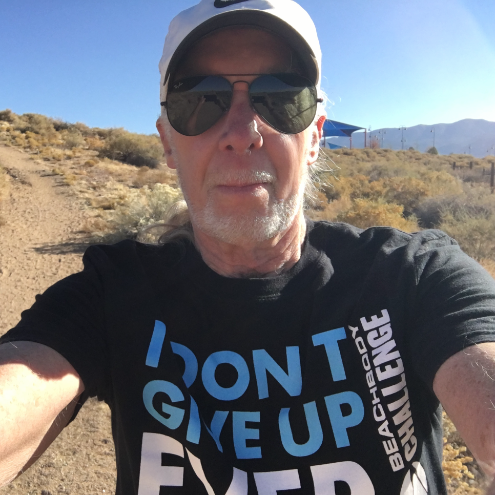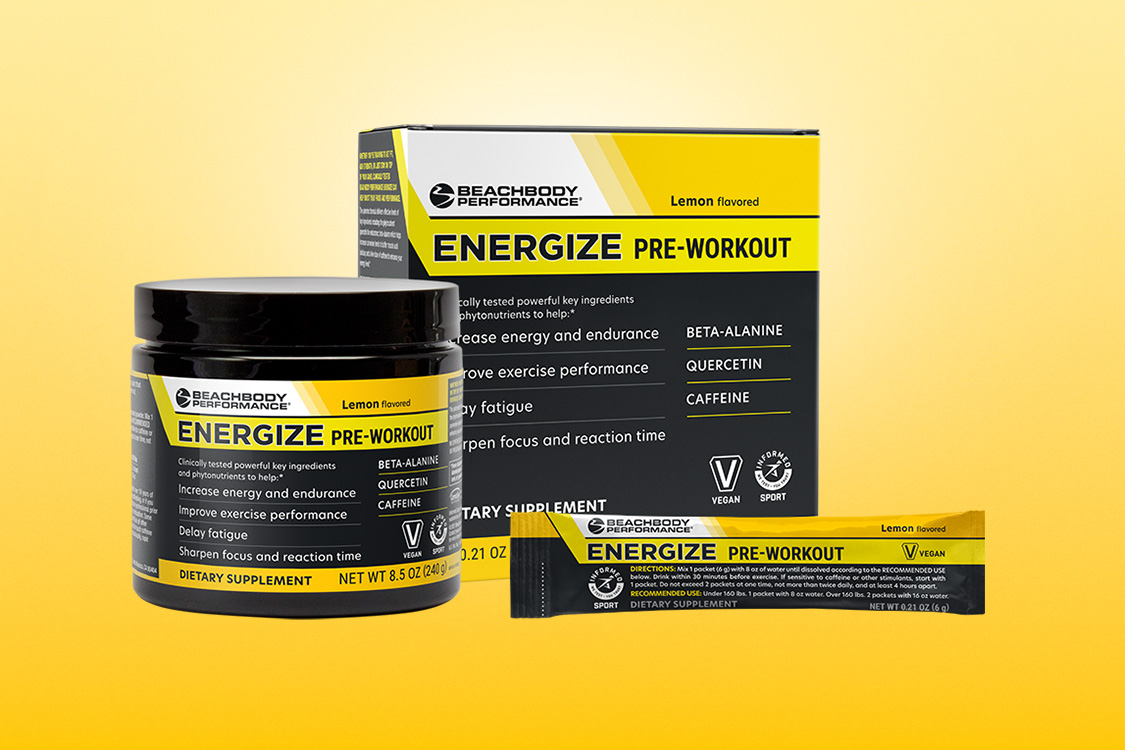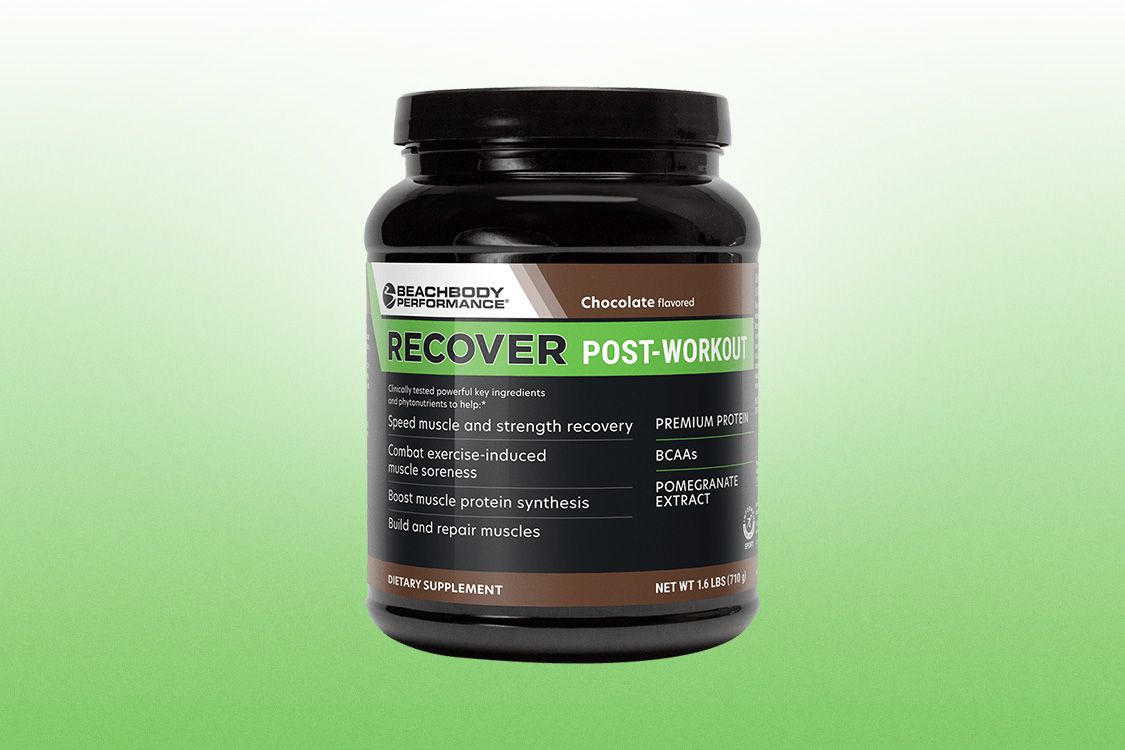Guide to Marathon Recovery - A Critical Part of Training
From Road Runner Sports
If there's a marathon in your near future (say, the next two months or so) you probably have been following a strict training program for the last several months. You've faithfully done your long runs, tempo runs, and faster-paced interval workouts. You've included more carbohydrates in your diet, you've been going to bed at a reasonable hour almost every night, and you have a few shorter races planned before the main event so you'll be sharp and "race ready." But have you thought about what you're going to do in the minutes, hours, and days following the marathon? Does your schedule include marathon recovery? If not, you need to start planning for it now!
Why Recovery is Important
No matter how fit you are, or how fast or slow you run, a marathon is a physically demanding event that can have physiological and psychological effects that may last for many days, even weeks. Those effects include:
-Fatigue (and accompanying muscle soreness). Make no mistake, you're going to be tired once you've finished running! And you may be surprised-not only will your legs and hips feel tired, but so will your upper body, particularly your arms and shoulders. In fact, most of the muscles in your body are going to feel tired. Tired, and eventually sore. The soreness happens when blood starts to do its job and begins to flood those poor muscle tissues. The blood flow repairs the tiny tears in the muscle tissue and flushes out lactic acid, which is good, but the downside is that all the blood flowing into the tissues causes soreness. You may feel even more soreness a day or two after the marathon than in the first few hours following.
-Depletion. During the marathon your body uses up most of its glycogen stores. Glycogen is glucose or sugar, which converts to carbohydrates in your muscles. Once those stores are used up, you will start to slow down, eventually you may even "hit the wall." Glycogen depletion not only affects how you feel physically, but it can also cause you to become confused and unable to think clearly.
-Dehydration (and in rare cases hyponatremia, or water intoxication, the opposite of dehydration). Running for 3, 4, 5 or 6 hours causes dehydration-no matter how much fluid you drink prior to and during the marathon. The extent of the dehydration depends on several factors: your fitness level; your body size; weather conditions; and your finishing time. Some researchers now believe that finishing time may be a factor in causing hyponatremia. Runner's suffering from this condition have literally flushed the essential salts and minerals necessary to maintain normal bodily functions out of their bloodstream. Scientists believe that runners who take longer than four hours to run the marathon, start the marathon hydrated with only large amounts of water, and stop to drink copious amounts of water at aid stations along the way, are most at risk. Balancing fluids in the body can be a tricky proposition, even the best runners in the world occasionally have problems. Hydration is serious, not only your performance but also your overall health and wellbeing can be affected if you don't get it right. .
Doing What Doesn't Come Naturally!
In the minutes and few hours following your marathon you'll probably feel like doing the following - DON'T! Sitting or laying down. Taking a hot bath. Drinking only water. Avoiding food because you don't feel hungry.
Move...Move...Move!
Although you might be tempted to sit or even lay down as soon as you can find an empty patch of grass, avoid the temptation. All those muscles that have been working so hard the past 26.2 miles will tighten up to such an extent that you may have difficulty getting back up again. You're not doing your body any favors by forcing it into the inactivity mode when it has been moving for such a long time. WALK AROUND instead. You don't need to run anymore or even jog, but do something to keep your muscles working. Try to avoid standing, the blood will pool in your lower legs and cause even more soreness. If you absolutely, positively feel that you have to lie down, put your legs up against a wall, the side of your car, someone's back-anywhere where your feet will be above your hips.
Save those Bath Salts for Later!
Although a long, hot, soaking bath will sound quite tempting-don't give it another thought (at least not for the next few days.) Although the warm water may feel great while you're sitting in it, once you get out you'll discover that your muscles will be even more inflamed and painful. Ice decreases swelling, pain, and inflammation-in the 24 to 48 hours after a marathon ice will make you feel better-heat won't! If you can stand it, as soon as possible after you've finished running soak your legs for 10 to 15 minutes in an ice bath. Can't stand the thought? Then use ice bags on the sorest areas-10 to 20 minutes at a time two or three times a day during the 24 to 48 hours after the race.
Water Alone Isn't Enough
Although you may feel like drinking only water, you need to ingest a fluid that contains much-needed salts and minerals. If you don't like the taste of the fluid replacement drink the race is providing, use one you like and keep it in a cooler that you'll be able to get to soon after the race has ended. In the interim, drink water "chased" with a sports drink or fruit juice. You may discover that you don't even feel thirsty, but drink anyway. Even if you don't think you're thirsty, the fluid levels in your body are off-kilter. Drink fluids until your urine is clear, not dark yellow. It's also a good idea to weigh yourself before the marathon, then weigh yourself afterwards. When you weigh what you weighed before the marathon, you'll know that you've probably restored enough lost fluids.
Eat Your Carbs!
Many people find that they don't want to eat anything immediately following a marathon. It's not unusual to feel slightly nauseated, some runners may even feel like they're going to vomit. This is not unusual, simply put: your body isn't focused on your digestive system while you're running a marathon, all the focus is directed toward your musculo-skeletal and respiratory systems, so it isn't surprising that the last thing your stomach wants is to be filled! But in reality that's exactly what it needs. The first few hours after you've finished running is the best time to replace the depleted glycogen and glucose in your blood and muscles. If you don't feel that you can eat "regular" food immediately, have a carbohydrate replacement drink (or two.) Once you're able to eat normally again go for: Soup or stew (during the 60s, 70s and even into the 80s many races in the Northeast, including the Boston Marathon, used to serve stew or chowder in the finish line area) Salty foods like pretzels, pop corn or corn chips Fresh and/or dried fruit, particularly bananas, oranges, raisins, and apricots Yogurt (make sure it's the sweetened kind so you'll get even more carbohydrates) Cereal (sweetened again) Granola bars Sports bars Bagels What if your body craves something else? (I've craved a hamburger after nearly half of the 64 marathons I've run!) When your body talks to you listen. If it's a hamburger you want, then have one. Just make sure that during the first 30 to 60 minutes following the marathon you replace lost carbohydrates. Save the burger, fries and a shake until later that day!
. . .what Else?
You'll further speed up your recovery if you: Get out of your wet clothes as soon as possible, so you'll warm up. Stretch gently. Don't over-stretch your muscles, and definitely don't do any "bouncing." Focus on the muscles in your lower back, hips, buttocks, quadriceps, and hamstrings. Get some kind of exercise later in the day: either walking, biking swimming, or even dancing.
Seven Days...Seven Ways to Recovery
Now that you've made it through the first day, you've got another week in front of you. What you do during those seven critical days will make a big difference in how quickly you recover, and how soon you'll be planning your next marathon!
1. DON'T THINK ABOUT YOUR NEXT MARATHON! Give your body (and mind) time to recover before you start thinking about your next marathon.
2. Get a massage. Make sure your massage therapist is skilled in sports massage and/or neuro-muscular massage and therapy. Let them know that you've recently run a marathon.
3. Eat a lot and sleep a lot. Don't worry about gaining a few pounds, now's the time to replenish your body. Your body is healing itself while you sleep, so try to get at least 8 hours of sleep every night, more if you can.
4. Take warm baths. If your muscles are still sore use ice first, then take the bath. Don't use water that's too hot, use bath salts in warm water instead.
5. Stretch regularly. Make sure that you stretch once your muscles are warmed-up: after you've taken a walk or a warm bath, for instance. Hold each stretch for at least 20 seconds. Stretch everyday, even twice a day.
6. Do low-intensity exercises. Focus on exercise that won't stress your muscles, like walking, swimming (if you're a fairly good swimmer), running in water, rowing, or biking. DON'T RUNDON'T EVEN JOG!
7. Elevate your legs whenever possible. When you're watching TV, lie on the floor with a pillow supporting your lower back and your legs against a wall. Let your co-workers know that they're apt to find you with your legs on your desk occasionally during the day-you're a marathoner-they'll understand!
One Month and Beyond
Under most circumstances after a week's hiatus from running following a marathon, you should be able to begin a limited running schedule during week two. (If you sustained an injury during the race, or forced yourself to continue even though you were having a "bad day", you may need to take more time off.)
-Limit your training to no more than four days a week for the next month
-Don't run longer than one hour-limit your training time to 15-40 minute easy runs
-Don't do speedwork or any type of hard training for a month
-Don't race for a month -Maintain a slow pace on your training runs (a minute slower than your long run pace is ideal)
-Avoid strength training for a month
When you start back to your regular training schedule, do it gradually. If you were running six days a week before the marathon, don't run six days a week in week five. And if your longest run was 90 minutes, don't do a 90-minute long run during that week either. Remember what you did when you first started training-gradually build-up your mileage and the number of days you run. And don't forget to back everything back down every other week or so.
It's a Mental Thing!
The marathon is very much a mental race; in fact, some people even say that it's 90% mental, and 10% physical. Whether that's true or not is a subject for psychologists and exercise physiologists to debate, but remember these truisms about the marathon: -Like any major life experience, the marathon can have profound affects (both positive and negative) on your perceptions of yourself, and your general outlook on life -Finishing a marathon is an emotional experience-don't be afraid to let out all the emotions you're feeling. They will range from the highest highs to the lowest lows-you're not alone, everyone who has ever run a marathon has felt some of the same things -There's always another marathon! If this one didn't work out like you had planned-stay tuned for the next one! Like life, running marathons is an on-going process of learning, coping, feeling, working, and dealing with a wide range of physical and psychological changes.
Want more running information from Road Runner Sports? Check out the Movement Magazine exclusively at Road Runner Sports







